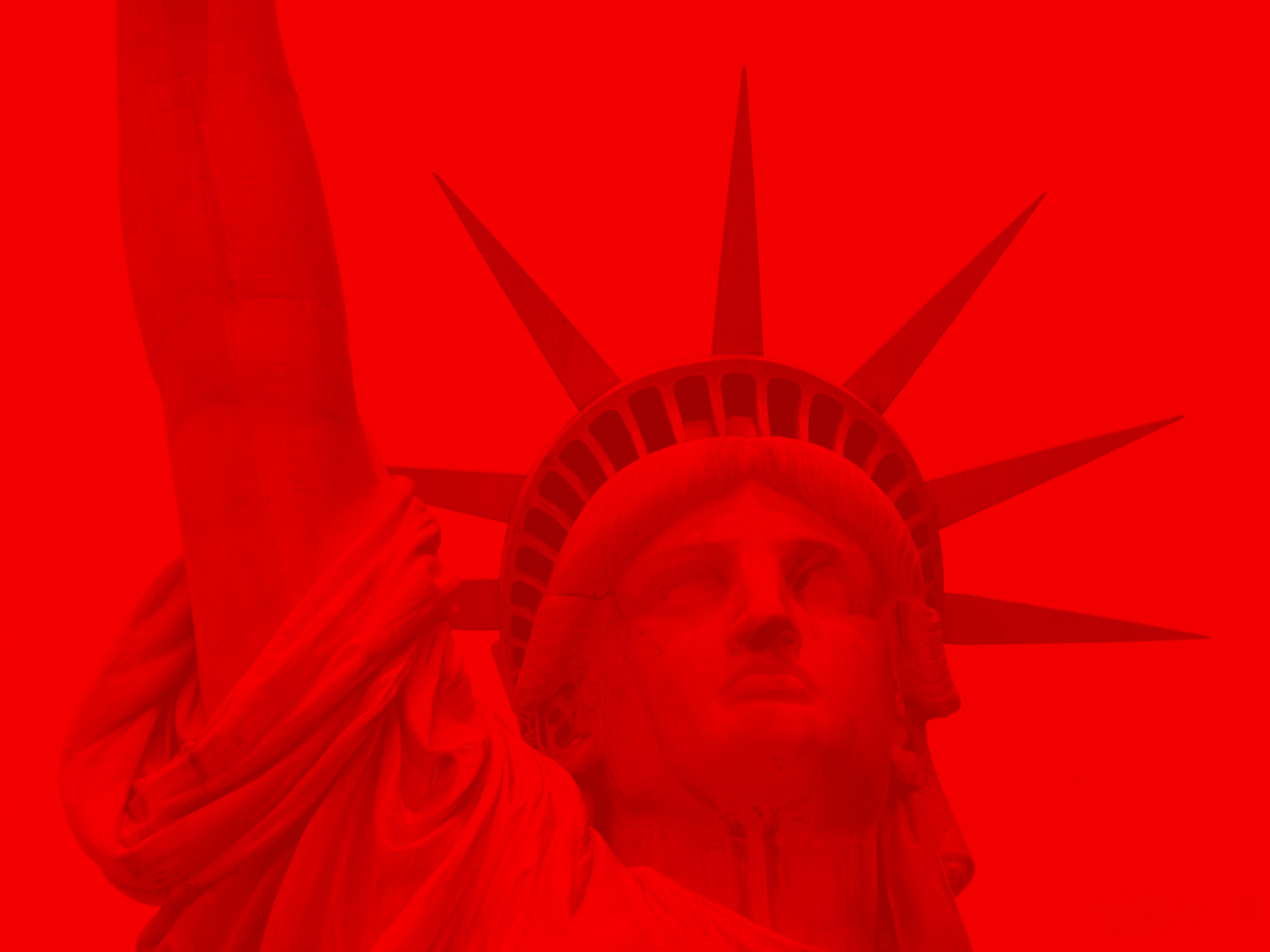A Split Military System
Iran is one of the few countries in the world where the armed forces are split between two fully fledged and often overlapping military institutions. After the 1979 Islamic Revolution, the new regime inherited the Shah’s army, the Artesh, but viewed it with deep suspicion due to its royalist legacy. Rather than dismantle the force, Ayatollah Khomeini established a new one: the Islamic Revolutionary Guard Corps (IRGC). It was built not to improve operational capability, but to guarantee ideological loyalty and safeguard the revolution against internal dissent.
What began as a parallel force quickly grew into a dominant one. The IRGC now oversees its own ground, air, naval, and missile units - mirroring the Artesh - along with an independent command structure. The state even celebrates them separately: Army Day on April 18, and IRGC Foundation Day on April 22. The duplication is not merely symbolic; it is structural, and costly. Both forces maintain separate logistics, infrastructure, and air defense systems, all underwritten by a population facing deepening economic hardship.
Military Spending vs. National Welfare
According to Iran’s 2023–24 state budget, the IRGC was allocated over 119 trillion toomans, more than twice the amount designated for the regular army. This figure excludes vast off-budget revenues generated by the IRGC’s sprawling commercial empire, which spans construction, telecommunications, petrochemicals, and logistics. Yet this heavy investment in militarization has not yielded greater security. Inflation hovers near 40%, youth unemployment is high, and over half the population is estimated to be living below the poverty line.
The burden is not only felt by civilians. Discontent simmers among Artesh officers, many of whom have expressed frustration - both publicly and in leaked correspondence - over being chronically underfunded and politically sidelined. While they perform core defensive duties, it is the IRGC that receives advanced weaponry, prestige, and preferential access to the regime’s inner circle. The disparity has fostered resentment and a quiet erosion of morale within the conventional ranks.
Regional Ambitions, Domestic Neglect
Despite its military muscle, and because of the regime’s aggressive foreign policy, Iran remains under constant threat of attack. Officials frequently warn of possible strikes by Israel or the United States against its nuclear and energy infrastructure. The IRGC promises retaliation. But for ordinary Iranians, retribution abroad offers little comfort. It does not put food on the table or secure access to medicine. Citizens pay for two armies, yet enjoy none of the basic guarantees of national security.
The IRGC’s reach now extends well beyond Iran’s borders. Through its Quds Force, it has become the main vehicle for projecting Iranian influence across the region - arming and training proxies in Lebanon, Syria, Iraq, Yemen, Gaza, and Afghanistan. These activities are funded with state resources, but are subject to little parliamentary oversight or public scrutiny.
The True Measure of Security
Domestically, the IRGC is more than a military force. It is a political, economic, and ideological pillar of the regime. Its officers benefit from accelerated promotions, business opportunities, and influence over policymaking - privileges far beyond the reach of Artesh conscripts. It controls vast segments of Iran’s media, cyberspace, and judiciary. It launches satellites and parades ballistic missiles, but also jails protesters, stifles dissent, and polices public morality.
As Tehran marks another year of martial spectacle, the state might reflect on what truly secures a nation. Not missiles, but functioning institutions. Not foreign entanglements, but domestic credibility. The Iranian people are not seeking regional hegemony. They want dignity, stability, and the ability to live without fear whether from war, poverty, or their own government.

